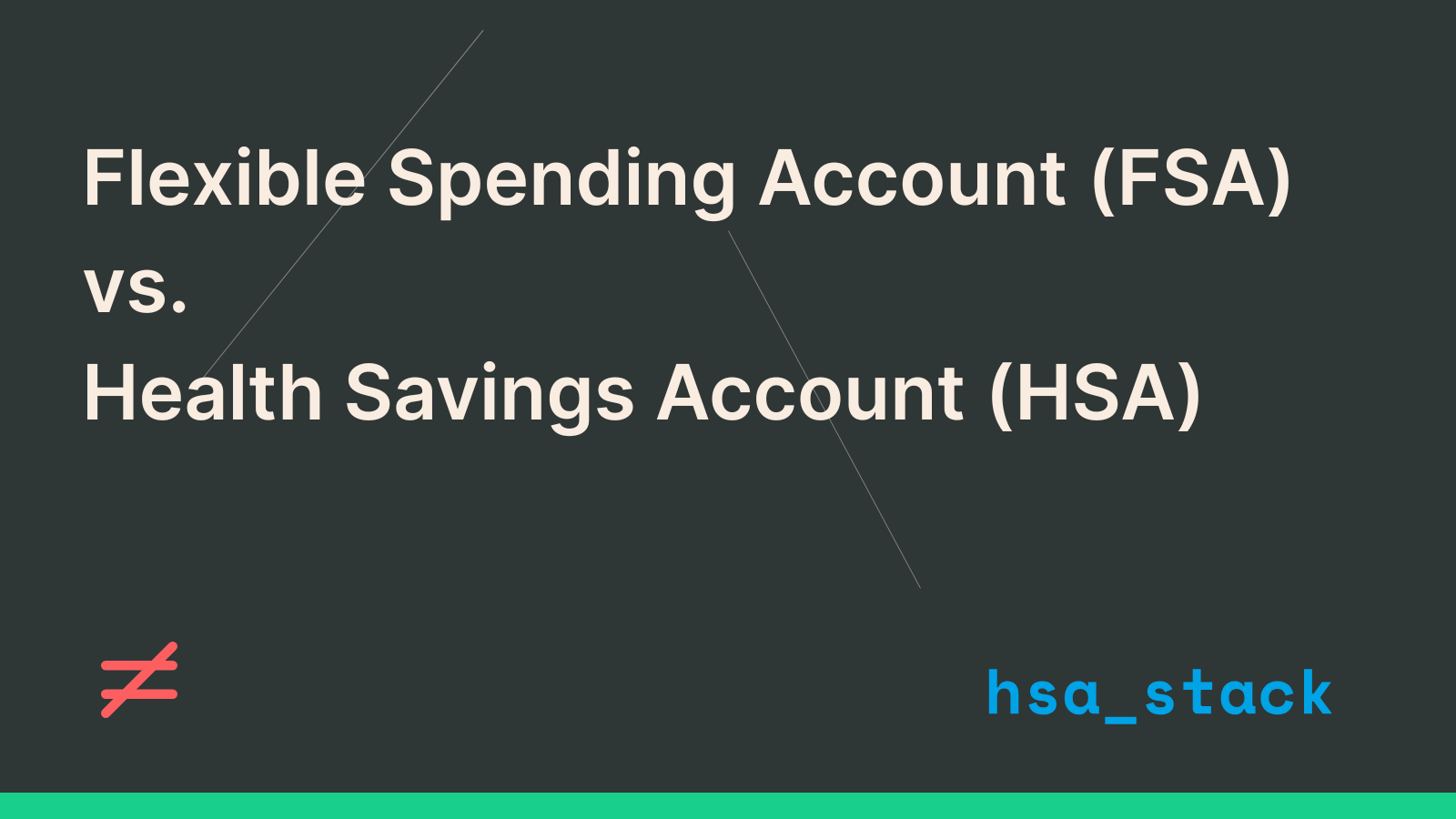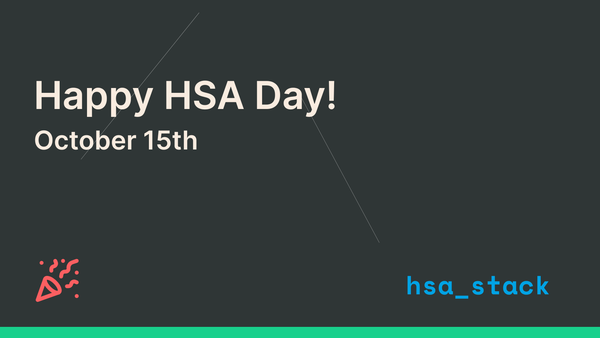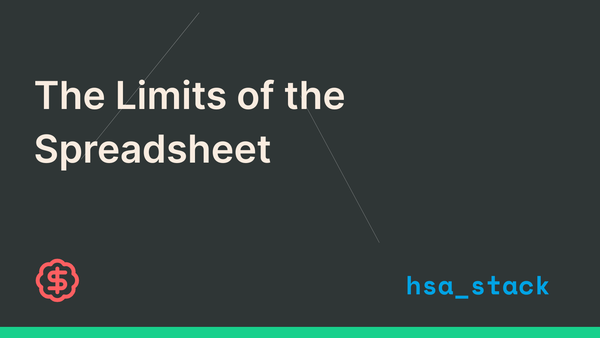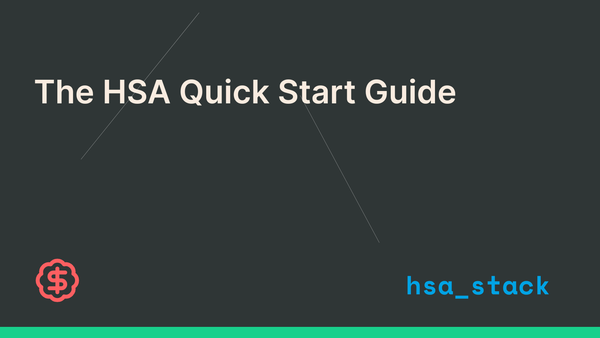FSA vs. HSA: The Simple Trick to Knowing the Difference
Stop losing your hard-earned money. Learn the one simple trick to tell a Flexible Spending Account (FSA) from a Health Savings Account (HSA) and start making smarter healthcare saving decisions.

They both have three letters. They both help you pay for medical expenses with tax-advantaged dollars. And they are both relentlessly confusing.
But there’s a simple way to tell a Flexible Spending Account (FSA) from a Health Savings Account (HSA) apart. It’s all in the “S.”
For an FSA, the “S” is for Spending.
An FSA is a short-term spending vehicle. Money goes in from your paycheck, and you use it to pay for qualified medical expenses throughout the year.
The defining feature? It’s a “use-it-or-lose-it” account.
Your employer, who owns the account, generally requires you to spend down your entire balance by the end of the plan year. Any money left over is forfeited. It's designed for predictable, near-term expenses. Think of it as a dedicated, tax-advantaged checking account for the year's medical costs.
For an HSA, the “S” is for Savings.
An HSA is a long-term savings and investment vehicle. It’s more than just a way to pay for today's medical bills; it’s a way to build future wealth.
The key differences are game-changers:
- You Own It. The account is yours, not your employer's. If you change jobs, the money goes with you.
- The Money Rolls Over. There is no “use-it-or-lose-it” rule. Your balance rolls over year after year, allowing it to grow.
- You Can Invest It. This is the big one. You can invest the money in your HSA, just like a 401(k). This allows your funds to grow tax-free, creating a powerful nest egg for future healthcare costs or even retirement. It is the only triple tax-advantaged account in existence: contributions are tax-deductible, it grows tax-free, and withdrawals for qualified medical expenses are tax-free.
The Bottom Line
Feature | FSA (Spending) | HSA (Savings) |
Account Ownership | Your employer owns it. | You own it. |
Rollover | No (Use it or lose it). | Yes, the full balance rolls over. |
Portability | No, it's tied to your employer. | Yes, it goes with you if you leave. |
Investment | No, funds cannot be invested. | Yes, you can invest the funds. |
Requirement | An employer that offers it. | Must be enrolled in a High-Deductible Health Plan (HDHP). |
Understanding this one distinction—Spending vs. Savings—is the first step to taking control of your healthcare funds. An FSA helps you budget for the year's expenses. An HSA empowers you to build long-term, tax-free wealth for life.




